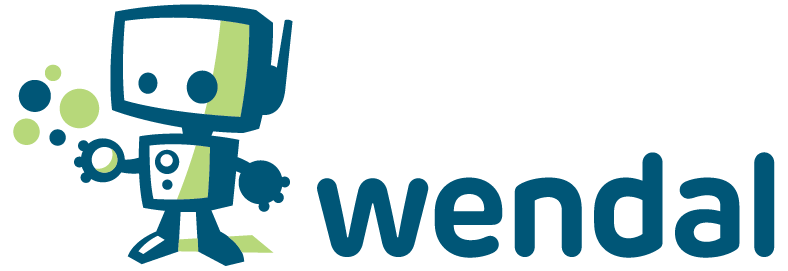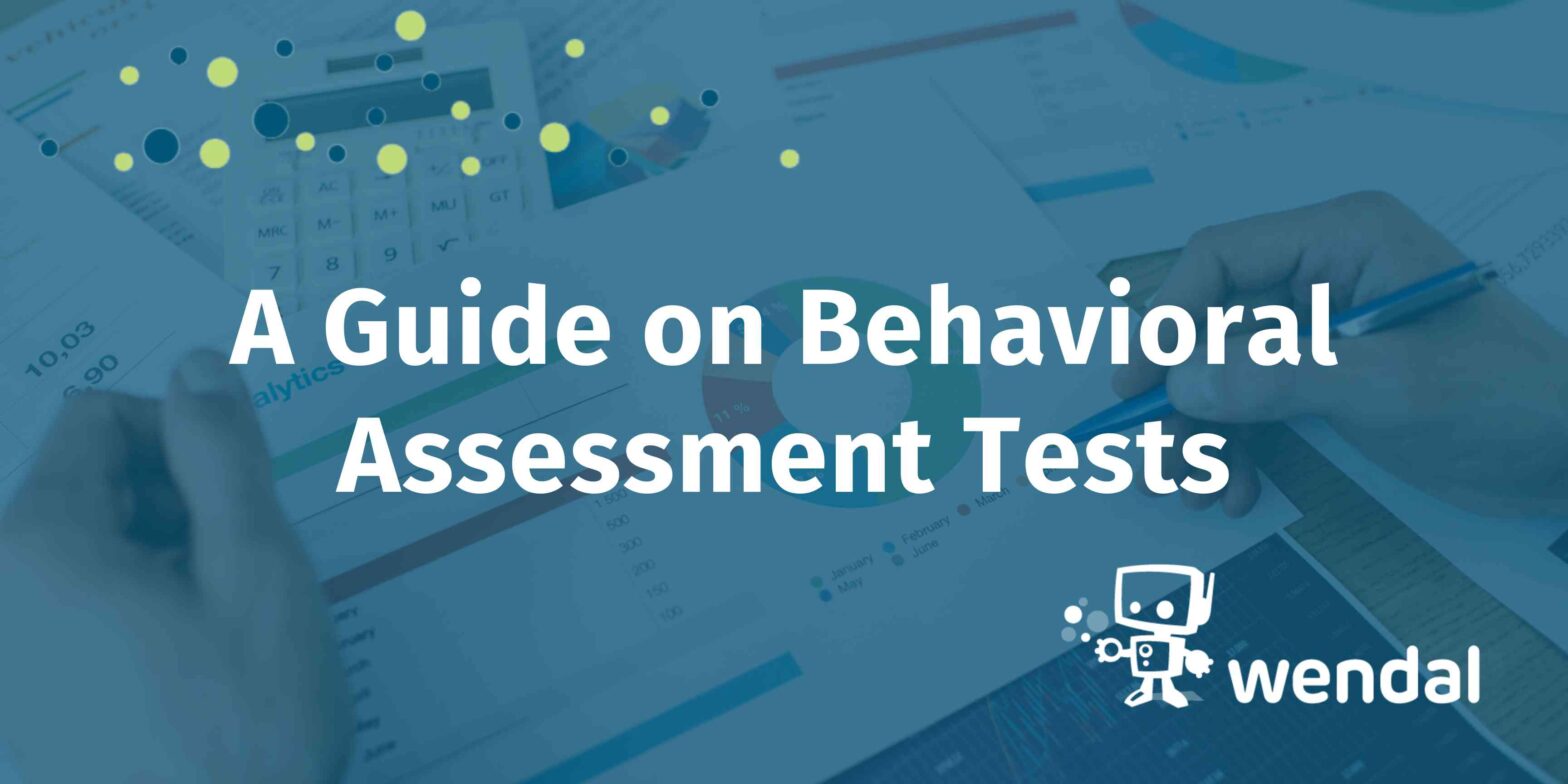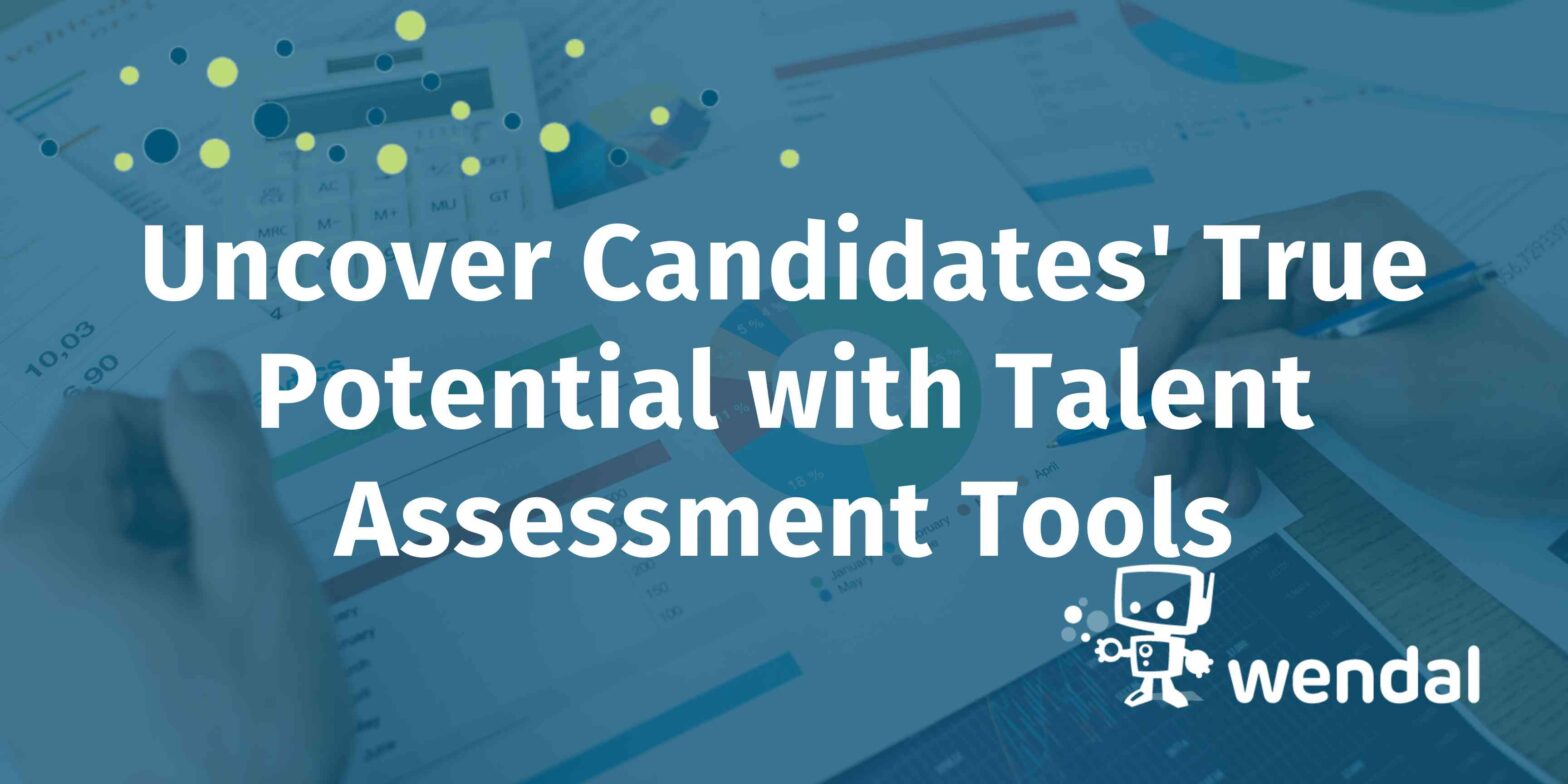Behavioral Assessment Tests
We all have innate strengths, weaknesses, motivations and behaviors that influence how we think, work and interact. While these patterns often operate subconsciously, truly understanding yourself provides immense opportunities for personal growth and development.
That’s why taking a Behavioral Assessment Test can be so enlightening. These tests analyze your personality across various dimensions, giving you deeper insight into what makes you tick.
A Behavioral Assessment looks at different aspects of your character and mentality using carefully designed questions and psychological models. Once complete, you receive a detailed report highlighting your natural motivations, work-style preferences, values, and other behavioral traits.
The goal is self-discovery. By mapping your personality tendencies, you gain awareness of your abilities. This allows you to play to your strengths while also improving self-discipline around weaknesses.
Ultimately, the awareness gained from a Behavioral Assessment empowers you to unlock your potential. Understanding your hard-wiring provides a foundation to make better life and career decisions.
What Is A Behavioral Assessment Test?
A behavioral assessment test is a tool used to evaluate and measure different aspects of an individual’s personality, motivations, and behavioral traits. These tests are designed to provide insight into a person’s unique strengths, weaknesses, working styles, stress responses, decision-making approaches, and other psychological qualities.
What can Behavioral Assessment tests measure?
Behavioral assessments can measure many different factors, including:
- Personality traits like introversion/extroversion, risk-taking, curiosity, optimism, etc.
- Workplace qualities like leadership, independence, analytical thinking, attention to detail, etc.
- Motivations that drive behavior like achievement, power, affiliation, security, etc.
- Attitudes towards things like change, authority, collaboration, etc.
- Decision-making styles
- Communication preferences
- Conflict resolution approaches
By answering a series of questions or self-assessments, these tests aim to quantify behavioral tendencies. This helps create a comprehensive personality profile that provides self-awareness into what makes each person tick.
Understanding personal behavioral traits allows individuals to better recognize their natural strengths and growth areas. It also enables them to adjust their communication styles, leadership approaches, and team interactions accordingly.
Overall, behavioral assessment tests offer scientifically-validated insights to optimize relationships, performance, happiness, and personal development. The depth of self-knowledge and understanding empower individuals to play to their strengths while improving their weaknesses.
Benefits of Taking a Behavioral Assessment Test
Taking a behavioral assessment can provide numerous benefits that can enhance your personal and professional life. Understanding your own natural motivations, strengths and weaknesses through behavioral testing can lead to greater self-awareness and personal growth.
Personal Growth
One of the greatest benefits of taking a behavioral assessment test is achieving greater self-awareness. By discovering what underlying motivations drive you, you gain powerful insights into what really matters to you. You can set goals and make decisions aligned with your core values. Knowing your natural strengths allows you to operate in areas where you excel, while awareness of weaknesses helps you improve or get support in those areas. Overall, a behavioral assessment test helps you better understand yourself.
Career Development
Insight from a behavioral test can aid career development and improve job satisfaction. Understanding your motivations can help guide you toward roles and companies that align with your values. Knowing your strengths allows you to pick jobs that utilize them, while managing weaknesses helps overcome career obstacles. The self-knowledge provides focus for career goals, improved job performance, and advancement opportunities.
Relationship Building
A behavioral assessment also provides self-knowledge to build better relationships. By understanding your own style, motivations, strengths and weaknesses, you can better appreciate differences in others. This allows more understanding, empathy and compatibility with partners, family, friends and colleagues. You can communicate and collaborate in ways tailored to individuals’ styles. Overall, the insight from behavioral testing helps foster healthier, happier relationships at home and work.
How The Test Works
Behavioral assessment tests use a multidimensional approach to measure different aspects of your personality and behavior. You’ll answer a series of questions that are specifically designed to reveal your motivations, natural strengths, emotional intelligence, work ethic, leadership style, and more.
The quiz takes most people 15-20 minutes to complete. We chose this length to balance depth of assessment with convenience for you.
Once you complete the quiz, the algorithm will analyze your answers. You’ll immediately receive a detailed report breaking down your personality traits, values, and tendencies.
The personalized results help you truly understand what makes you tick. You’ll gain insight into your natural behavioral patterns in areas like:
- Key motivators that drive you
- Communication style
- Approaches to problem solving
- Workplace habits
- Leadership qualities
- Interpersonal skills
- Areas of talent or weakness
Our free test distills decades of behavioral research into an accessible and insightful experience for you. The multidimensional quiz and personalized results are designed to help you optimize your potential in life, relationships, and career.
Science Behind the Test
The test helps identify your natural motivations, strengths, weaknesses, emotional patterns, and other aspects of your personality. It does this by having you rate a series of descriptive statements on how true they are to your own behaviors.
The underlying models used in the test have been proven and validated through statistical analysis and repeated testing on diverse populations over the years. The test has high re-test reliability, meaning if you take it again in the future you are highly likely to get a very similar set of results.
Our test is carefully designed and updated by a dedicated team of psychologists, statisticians, and assessment experts. They ensure the test reflects the latest scientific knowledge and provides meaningful, accurate results you can trust. The test has been taken by over 2 million people to date and is used by individuals and organizations worldwide.
The science and research behind our behavioral assessment test allows us to provide you with an objective snapshot of your personality and skills. The insights gained can be a powerful tool for self-awareness, personal development, and achieving your goals more effectively.
The assessment takes around 15-20 minutes to complete, with 75 questions covering key aspects like communication style, emotional intelligence, conflict resolution, work style, and leadership abilities.
By measuring different dimensions of your personality across various situations, we’re able to build an accurate behavioral profile that uncovers your natural strengths, weaknesses, stress responses, and overall tendencies. This provides powerful self-knowledge to boost your personal and professional growth.
The test questions are insightful but not difficult, and you can take it easily in one sitting. Your personalized results will be available immediately after completing the assessment.
Take the free behavioral assessment test now to start unlocking your potential!
Understanding Your Results
After completing our free behavioral assessment test, you will receive a detailed report outlining your results. This comprehensive report provides insight into your motivations, natural strengths, potential weaknesses, and work preferences.
The results are categorized into 4 main groups:
- Dominance: This refers to how assertive, decisive, and direct you are. High scorers tend to be competitive and desire control. Low scorers are more reserved and cooperative.
- Influence: This measures your tendency to be outgoing, persuasive, and interactive with others. High scorers are very social while low scorers prefer work with less group collaboration.
- Steadiness: This indicates your level of patience, consistency, and thoughtfulness. High steadiness means you are very caring and loyal. Low scorers tend to be more urgent and fast-paced.
- Compliance: This describes how detail-oriented, analytical, and organized you are. High compliance means you like structure and guidelines. Low compliance means you are more flexible.
Scores range from 0-100, with most people scoring in the 40-70 range on each trait. The higher the score, the more that trait dominates your behavior. Balanced scores mean flexibility in exhibiting different traits as needed.
It’s important not to judge high or low scores as necessarily good or bad. Each result provides unique strengths and potential weaknesses. The key is self-awareness and learning how to best leverage your attributes.
For growth, low scores represent opportunities to develop skills outside your comfort zone. With high scores, be careful not to overuse those behaviors at the exclusion of others. Refer to your report for tips on applying your results at work, in relationships, when problem solving, and more.
This personalized behavioral map empowers you with knowledge to optimize your potential. Refer back to your results frequently as a tool for improvement and reaching your goals.
Leveraging Your Strengths
The behavioral assessment reveals your natural motivations and strengths. With this invaluable insight, you can align your professional and personal goals around your inherent talents and energizers.
Focus your efforts on tasks, projects, and roles that allow you to leverage your top strengths. For example, if you score high in sociability, pursue work that involves collaborating, networking, and interacting with people. If you excel in organization, seek structured jobs that let you plan and coordinate.
Play to your strengths and you’ll find yourself motivated, productive, and engaged. Identify responsibilities that align with your behavioral profile so your natural abilities fuel your performance. Avoid overextending yourself in areas outside your comfort zone.
Build upon what comes naturally to you. Your strengths form the foundation for your growth and success. Keep developing these aptitudes through practical experience, training, higher education, or certification programs. Become an expert in applying your strengths across diverse situations.
Maximize your potential by operating within your behavioral sweet spot. When your work utilizes your inherent talents, you’ll gain energy from achieving results. Leverage your motivations and soon your performance will speak for itself.
Overcoming Weaknesses
When taking any assessment, most people hope to discover untapped talents or impressive strengths. However, equally important are the areas where you didn’t score as high. These represent opportunities for growth.
Rather than ignoring your weaknesses, you can take active steps to improve. With targeted strategies, you can overcome weak spots and become a more well-rounded individual.
Tips on Overcoming your Behavioral Weaknesses
Some tips for overcoming your behavioral weaknesses include:
- Getting support. Don’t go it alone. Ask others to help in areas that don’t come naturally to you. At work, delegate tasks related to your weaknesses to colleagues who have complementary strengths. In your personal life, have friends or family provide perspective. Their input can be invaluable.
- Practicing consistently. Just like going to the gym builds your muscles, exercising your weaker talents strengthens them over time. Set small, achievable goals each day or week to step outside your comfort zone. With regular practice, you’ll see steady improvement.
- Learning new skills. Take classes, read books, or seek a mentor to teach you skills in your weaker areas. With new competencies under your belt, you’ll handle challenges in these areas with greater confidence. Online courses make skill-building easy and convenient.
- Reframing your mindset. Often, we avoid our weaknesses by telling ourselves there’s no point in trying to improve. Flip this narrative. Look for small wins to stay motivated and believe you can get better with effort.
- Asking for feedback. Connect with mentors, coaches, teachers, or others who can objectively assess your abilities and provide constructive input. Their insights will point you toward high-impact areas for development.
With concerted effort over time, you can target your behavioral weaknesses and make them strengths. The personal growth will empower you to realize your full potential. Don’t let less-developed areas hold you back. Make a plan today to overcome your weaknesses.
Take the Test Again
One of the major benefits of taking a behavioral assessment test is being able to retake it over time and compare your results. People naturally change and grow throughout their lifetimes, and a behavioral assessment can track that personal development.
Retaking the free behavioral assessment test every few months or years provides an excellent progress check. You may find that certain motivations have strengthened while others have diminished. Your behaviors and preferences can evolve as you gain life experiences.
Comparing results over time provides fantastic insight into your own growth. You can clearly see which areas you have developed and which still need improvement. Leveraging this knowledge allows you to continue optimizing your potential.
We encourage retaking our free behavioral assessment regularly. See how you have progressed and use the results to keep growing. The test never stays the same!
Ready to reassess yourself? Start the free behavioral test again now and track your personal development.




